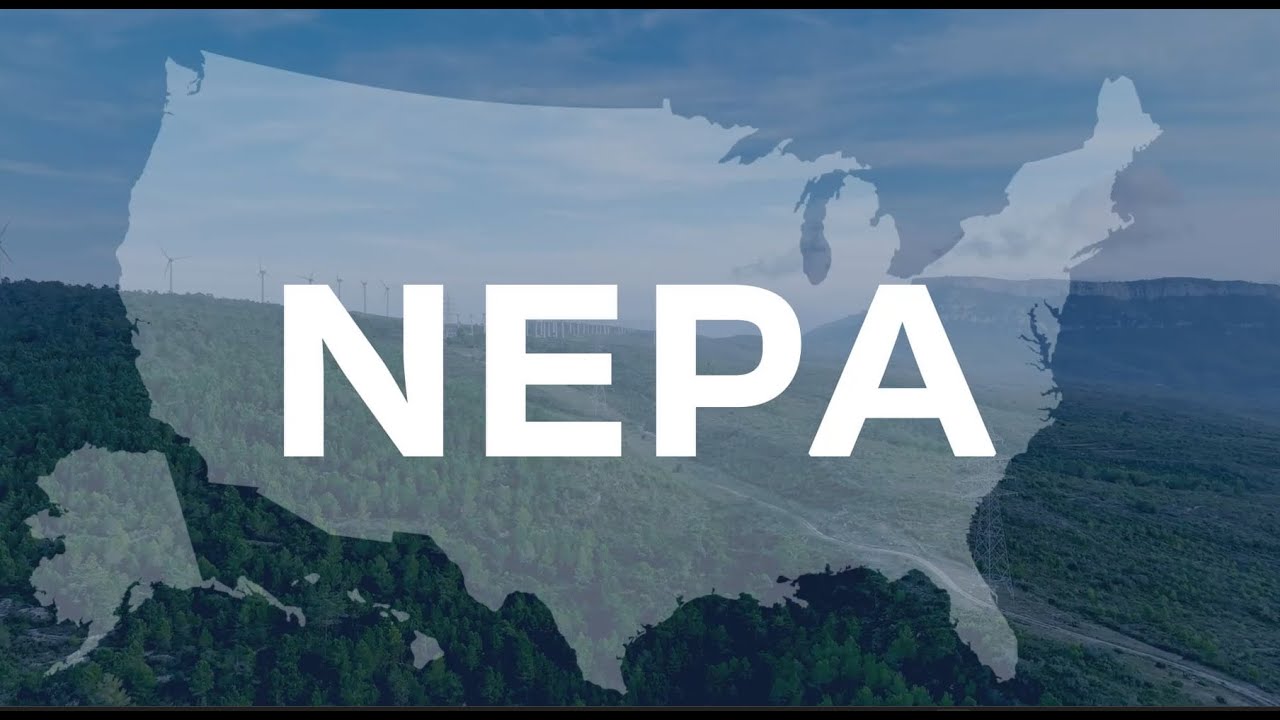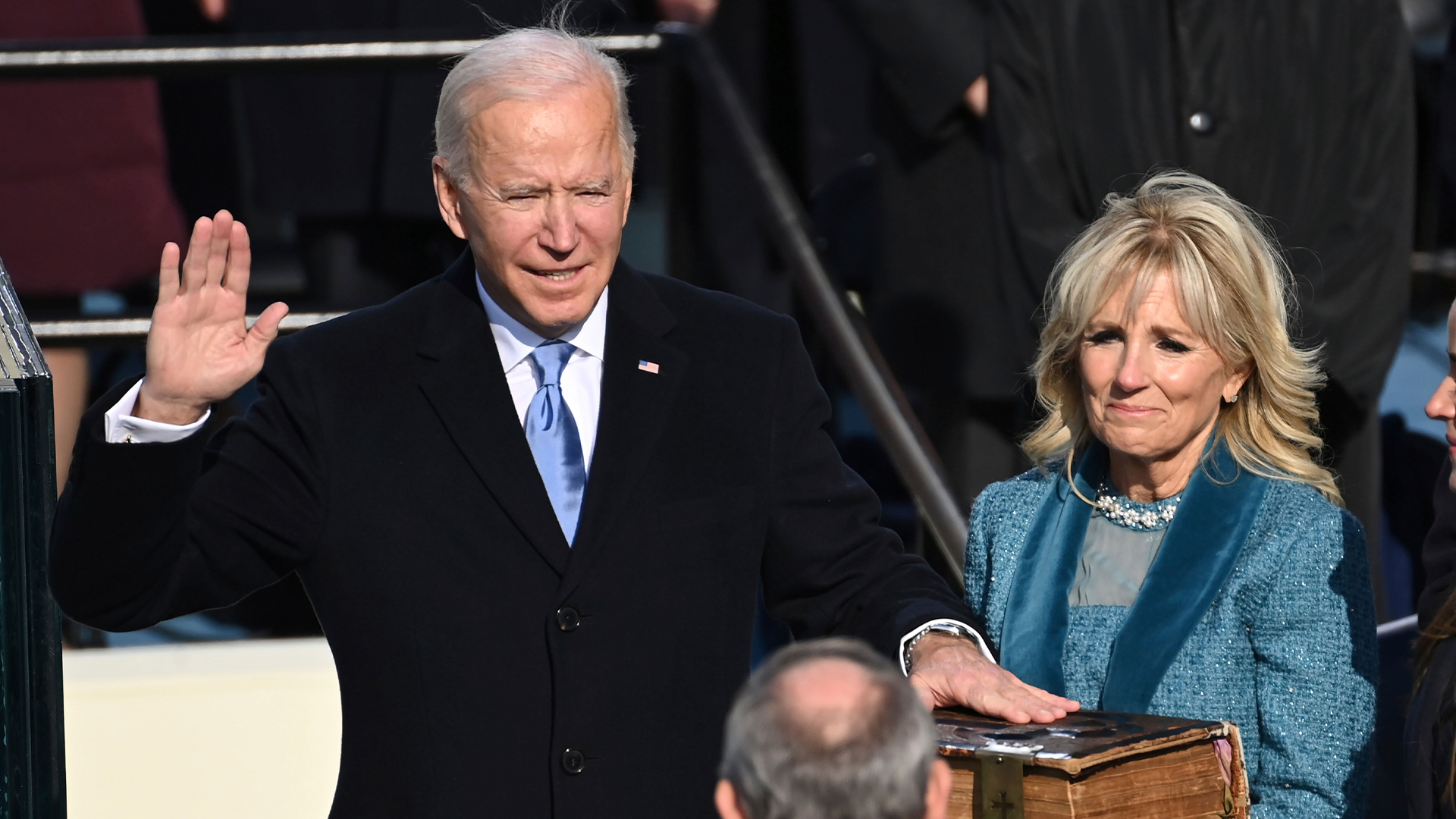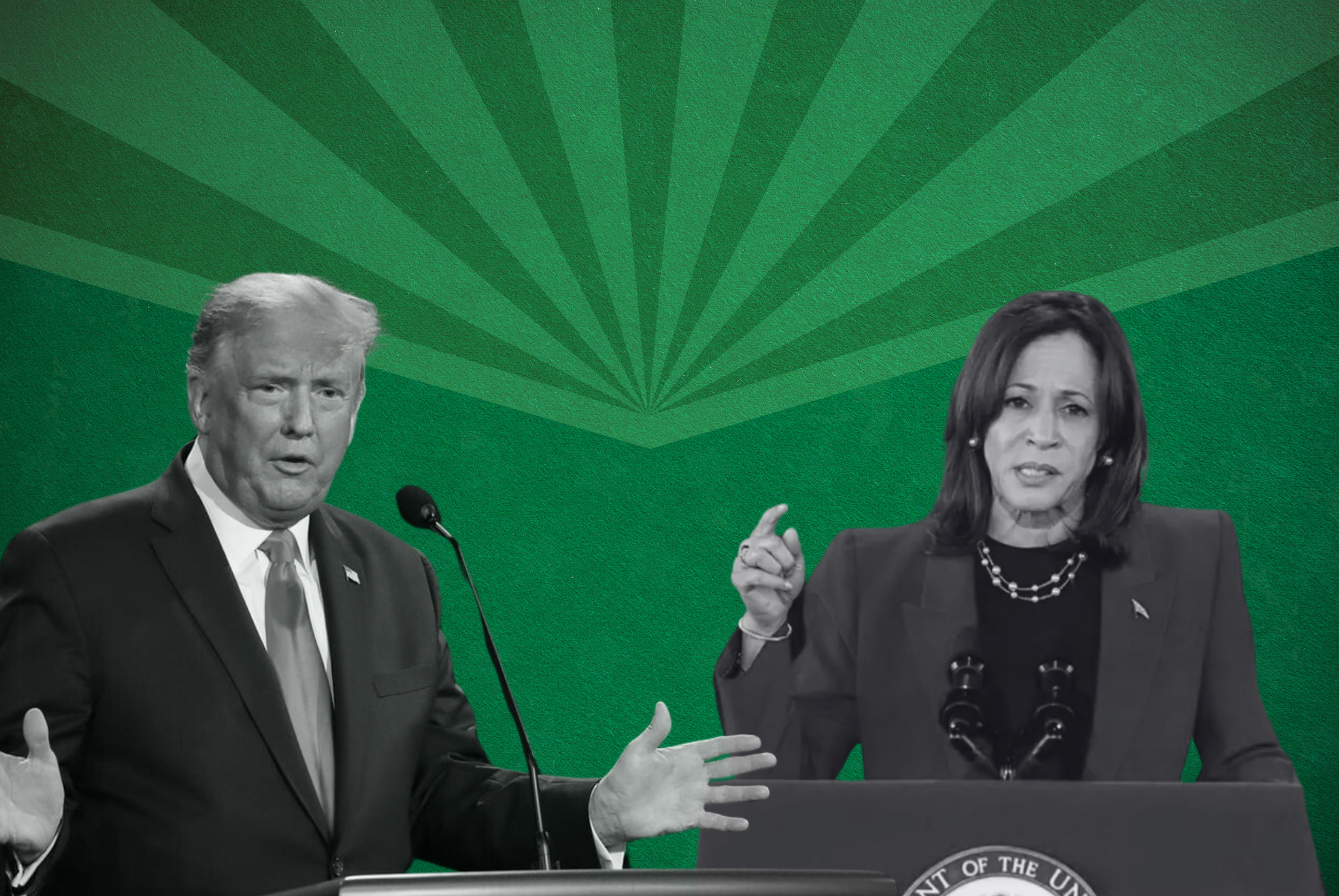Biden Administration
Huge Snub for Big Oil at the Supreme Court
Oil companies failed to persuade the justices to shield them from the growing number of state lawsuits seeking damages for the harms caused by climate change.
Big Oil has failed to persuade the U.S. Supreme Court to shield it from numerous state climate lawsuits filed across the country seeking damages for the harms caused by climate change — harms like the historic, supercharged urban fires burning in Los Angeles. The justices held a conference on Friday, January 10 to determine whether …
Continue reading “Huge Snub for Big Oil at the Supreme Court”
CONTINUE READINGGood & Bad Environmental News From the U.S. Supreme Court
Escalating Legal Attacks on California’s Longstanding Clean Air Act “Waiver” Authority
This past week, the U.S. Supreme Court issued important orders in two closely-related environmental cases previously decided by the U.S. Court of Appeals for the District of Columbia. Last Friday the justices granted review in Diamond Alternative Energy v. Environmental Protection Agency, agreeing to decide whether fossil fuel manufacturers have legal standing to challenge an …
Continue reading “Good & Bad Environmental News From the U.S. Supreme Court”
CONTINUE READINGHow to Make Climate as Compelling as Egg Prices
While politicians are right to focus on cost of living, it’s dangerously wrong to assume voters rejected climate policies in the 2024 election.
How do we make the climate crisis as compelling to voters as the price of eggs? That’s a question—an existential question—I’ve been asking myself for weeks now. My UCLA Emmett Institute colleagues and I have some ideas that I’ll be sharing over the next weeks and months. We’re hardly alone: Two months after a disheartening …
Continue reading “How to Make Climate as Compelling as Egg Prices”
CONTINUE READINGDeal or No Deal?
Should Congress pass EPRA?
This is the second in a series of posts on permitting reform. The first post is here. Given the provisions of the Energy Permitting Reform Act (EPRA), should Congress enact it as it stands now? Answering that question is tricky, in part because it depends both on uncertain political and administrative action, as well as …
Continue reading “Deal or No Deal?”
CONTINUE READINGShould We Do Permitting Reform?
What is at stake with the Manchin bill.
As Congress wraps up its lame duck session before the new Congress and President arrive in January, there is a lot of debate about whether to move forward on permitting reform within a quickly shrinking window of time. The basis of debate is the Energy Permitting Reform Act (EPRA) co-sponsored by Senators Manchin and Barrasso. …
Continue reading “Should We Do Permitting Reform?”
CONTINUE READINGNEPA and Loper Deference (Part II)
Guest contributor Justin Pidot outlines what losing CEQ’s NEPA authority means for interagency coordination and efficiency.
Dan provided a terrific overview of the legal issues involved in the D.C. Circuit’s recent decision holding that CEQ lacks authority to promulgate regulations and, therefore, that the regulations governing implementation of NEPA across the government for decades are ultra vires. I want to offer some additional observations focused on the potential practical implications. First, …
Continue reading “NEPA and Loper Deference (Part II)”
CONTINUE READINGWhat does the election mean for the EV transition?
Slower, less certain, and less equitable–with a new focus on local leadership
The election of Donald Trump and a Republican Congress poses a direct threat to environmental protection and climate policy across the board, including destructive agency heads, reduced clean energy funding, abandoned international agreements, and more federal judges openly hostile to science-based regulation in service of public and environmental health. It’s a bleak outlook from any …
Continue reading “What does the election mean for the EV transition?”
CONTINUE READINGA To-Do List For Biden
The clock is ticking, but there’s still time for a few important last things.
Biden has a little over two months left in office. There are some important things he can do in the meantime to protect the environment from the next administration. Here are a few of the most important efforts.
CONTINUE READINGTrump Can’t Stop the Clean Energy Transformation
The global transformation to an economy fueled by clean energy can’t be stopped. Trump could slow down U.S. progress though.
Here’s an uncontroversial proposition: if Donald Trump wins the election (a horrific thought), we will make less progress in attacking climate change than if Kamala Harris wins. His most recent remarks on climate were appalling: “They say global warming, they used to call it global warming but now they call it climate change. You know …
Continue reading “Trump Can’t Stop the Clean Energy Transformation”
CONTINUE READINGGrid Experts Weigh in on EPA’s Power Plant Emissions Rule
The U.S. Supreme Court denied an emergency stay in West Virginia v. EPA, a challenge to EPA’s rule. Our UCLA Law clinic submitted a brief on behalf of grid experts in the case at the D.C. Circuit.
Earlier this year, the U.S. Environmental Protection Agency finalized emissions standards for greenhouse gases from power plants under Clean Air Act, Section 111(d). The rule sets pollution limits for existing coal plants and some new gas plants based on carbon capture and sequestration. In West Virginia v. EPA, a spate of states and industry parties …
Continue reading “Grid Experts Weigh in on EPA’s Power Plant Emissions Rule”
CONTINUE READING










